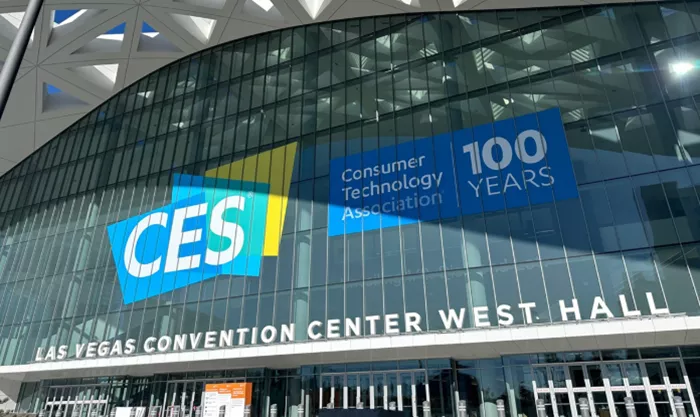The Consumer Electronics Show (CES), one of the world’s largest tech trade events, is set to take place in Las Vegas next month, with around 4,000 exhibitors from across the globe. Over 30 percent of these exhibitors are expected to come from China. However, recent reports suggest that many employees from Chinese tech companies have been denied US visas, even though they had invitations to attend the event. This denial has been called “unprecedented” by some commentators, and the US government has yet to officially address the issue. In response, calls have been made for the US Department of State to verify the reports, ease visa restrictions, and facilitate normal exchanges between the two countries, in line with agreements made by both heads of state.
CES, which is organized annually by the Consumer Technology Association, is a key platform for showcasing the latest in consumer electronics. Often seen as a “barometer” of the industry, CES provides a glimpse into the future of technology, blending innovation with real-world applications. At the 2024 CES, products such as snore-reducing pillows, bird-identifying binoculars, and AI-powered electric bicycles were featured. The upcoming CES 2025 will focus on artificial intelligence, digital health, and autonomous driving. While CES is known for its groundbreaking technologies, it also serves as a vital space for international collaboration, far removed from geopolitical tensions or national security concerns.
Chinese companies have long been central to CES, and their participation has only grown in importance over the years. In the 1990s, when the internet industry was emerging, Chinese manufacturers were already regular exhibitors. Today, China’s rapid tech development means that Chinese companies, particularly in “smart manufacturing,” play a vital role in the event. As both a major producer and consumer of electronics, China has become a key partner for US and international companies looking to expand their markets and connect with consumers. This collaboration has led to a win-win scenario, promoting green and low-carbon technologies while enhancing business and consumer opportunities.
The recent visa denials have left many in the US, including CES organizers, shocked. Chris Pereira, founder of iMpact, a New York-based consultancy, called CES “a wonderful opportunity for business exchanges” and expressed frustration that even such events are now being affected. CES has urged the US government to expedite visa approvals for attendees traveling for legitimate business purposes.
This is not the first time that Chinese companies have faced difficulties attending CES due to US sanctions, but it marks the first large-scale visa issue. The timing has led many to suspect that the denials may be politically motivated, rather than based on “technical reasons.” This suspicion is fueled by Washington’s history of using visas as a political tool. If China’s participation at CES is restricted, questions arise about whether the event can still claim to be a truly international exhibition and whether it will retain its status as a major global tech event.
The denial of visas to Chinese tech companies is not a sign of US “strength,” but rather exposes the harmful effects of protectionism. The situation raises concerns that the US may become more closed-off in the future, which could disrupt global supply chains and cooperation on critical international issues. While Chinese firms can find alternative venues to expand their businesses, the long-term damage to CES and the reputation of the US could be far-reaching.
Despite being hosted in the US, CES is a global event, and its values should be centered on openness and collaboration, not isolation and confrontation. If the event cannot uphold these principles, it may eventually be replaced by a more inclusive and open alternative. The US must decide whether it is willing to jeopardize the future of CES and its global reputation.
In recent years, the US has accused China of “refusing dialogue” in various contexts, trying to create the impression that Washington is eager for engagement while Beijing is not responsive. However, incidents such as harassment of Chinese students, unreasonable customs inspections, and the ongoing visa denials reveal the hypocrisy of this narrative. If the US truly values dialogue and engagement, it could start by addressing the CES visa denials and demonstrating its commitment to fostering communication between China and the US.
Related topics:
- Candace Owens Faces Travel Ban: New Zealand Joins Australia in Blocking Controversial Influencer
- Romanians Set for Visa-Free Travel to the U.S. Starting in 2025!
- Rebuilding Trust in U.S. Immigration: How Deportation Can Strengthen Management


